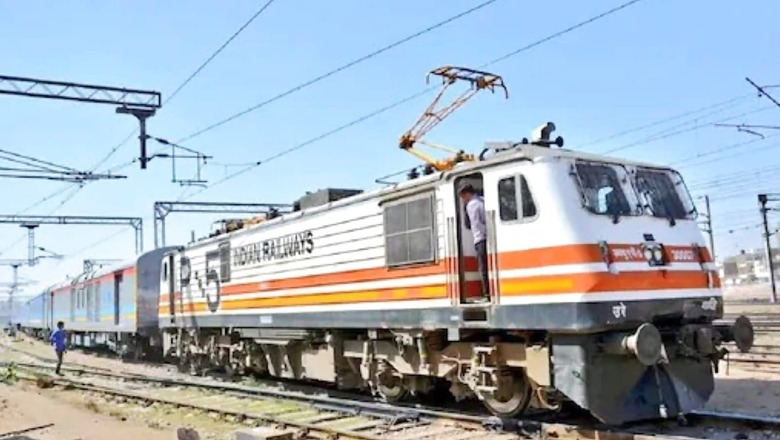
views
The national monetization plan that envisages the lease of several government-owned properties and infrastructure to private operators is brilliant if considered in isolation. Sadly, policy is always intersectional, involving complex interplay of several factors including contract drafting, execution, regulatory mechanisms and judicial interference, among other things. If we consider all these other factors, then the monetization of these assets must proceed not just with the greatest caution but also with an honest audit of what went so spectacularly wrong in past such attempts.
If we are brutally honest with ourselves, then this step could act as the first of many steps towards a general privatization of government assets. However, if the government gets this wrong, the consequences would be disastrous not just for this particular exercise in monetization but for the entire principle of privatization in India.
Why is this a pivotal point for privatization in India? Well, simply because of the sheer scale. In the past, we had individual projects being put up for medium- to long-term leases. Perhaps, a wise thing would have been to first institute a study on the lessons learnt from previous such projects and developed one or two successful pilots. Based on this, a general monetization of assets could have been announced. However, as of now and as has been the case with this government, big announcements are made but which templates and past experiences are being brought into play remain unknown.
There are good examples here and there are bad examples too. As far as we can tell, the auctioning of coal blocks seems to have been a success with no report, so far, of either corruption or abuse of mining rights or significant regulatory interference. Could this be a positive template to follow? On the other hand, we have the example of the never-ending saga of Air India privatization. The privatization which was imminent in this government’s first term has still not fructified and the only thing potential buyers can agree on is that government proposals thus far have been complete duds. The case here is one of bureaucratic incompetence.
ALSO READ | Success of Modi Govt’s Asset Monetization Plan Does Not Depend on Political Consensus
The other big issue is regulatory and judicial interference. For example, we still remember the disastrous legacy of Pranab Mukherjee’s retrospective taxation that cost us not just investment but also national humiliation in international arbitration, including the seizure of assets. And, who can forget the constant court interference in issues like road tolls and air ticket pricing among a host of other issues.
Three Measures Government Must Take
Given all this, it is imperative that the government not just monetizes assets but also ensures that the monetization is successful. In order to do this, the government will have to take specific measures. The first of these has to include a white paper with specific examples that the government has considered from past experience as successful as well as unsuccessful. This would go a long way in showing that the government has in fact done its homework. By acknowledging past instances of corruption or incompetence, the government would show that it is well seized of the problem at hand and has taken steps to mitigate these issues.
The second step the government must commit to is coming up with a clear framework to reduce regulatory unpredictability. This would simultaneously provide buyers with some security and more significantly incentivize them to maintain the property well and not be rapacious in their costing for the general public.
Finally, we must have set failure standards and a constant auditing process through the lifetime of this monetization plan. The failure standards should include tangible timeframes and outcomes that each bureaucrat negotiating these deals is held up to. The audit should be a constant monitoring of said infrastructure or property, its maintenance and upkeep as well as a dynamic ballpark figure for what income the operator is making as well as cost to the public. This would significantly reduce the scope of corruption and delay as well as monitor the business health of the operator. The benefit to the public would serve as an opportunity cost for full privatization if and when that happens.
Monetization is fundamentally a good idea. However, great caution and care needs to be exercised while executing this plan. It could either be the beginning of great things to come or it could become the disastrous inflection point that the 2G spectrum auction proved for privatization in India. This will also be a sign of maturity on part of the government that has in the past resorted to major decisions without considering second and third order consequences and refused audits of claims of past successes. This is just too important for that kind of amateurism.
Abhijit Iyer-Mitra is Senior Fellow at the Institute of Peace and Conflict Studies. The views expressed in this article are those of the author and do not represent the stand of this publication.
Read all the Latest News, Breaking News and Assembly Elections Live Updates here.




















Comments
0 comment